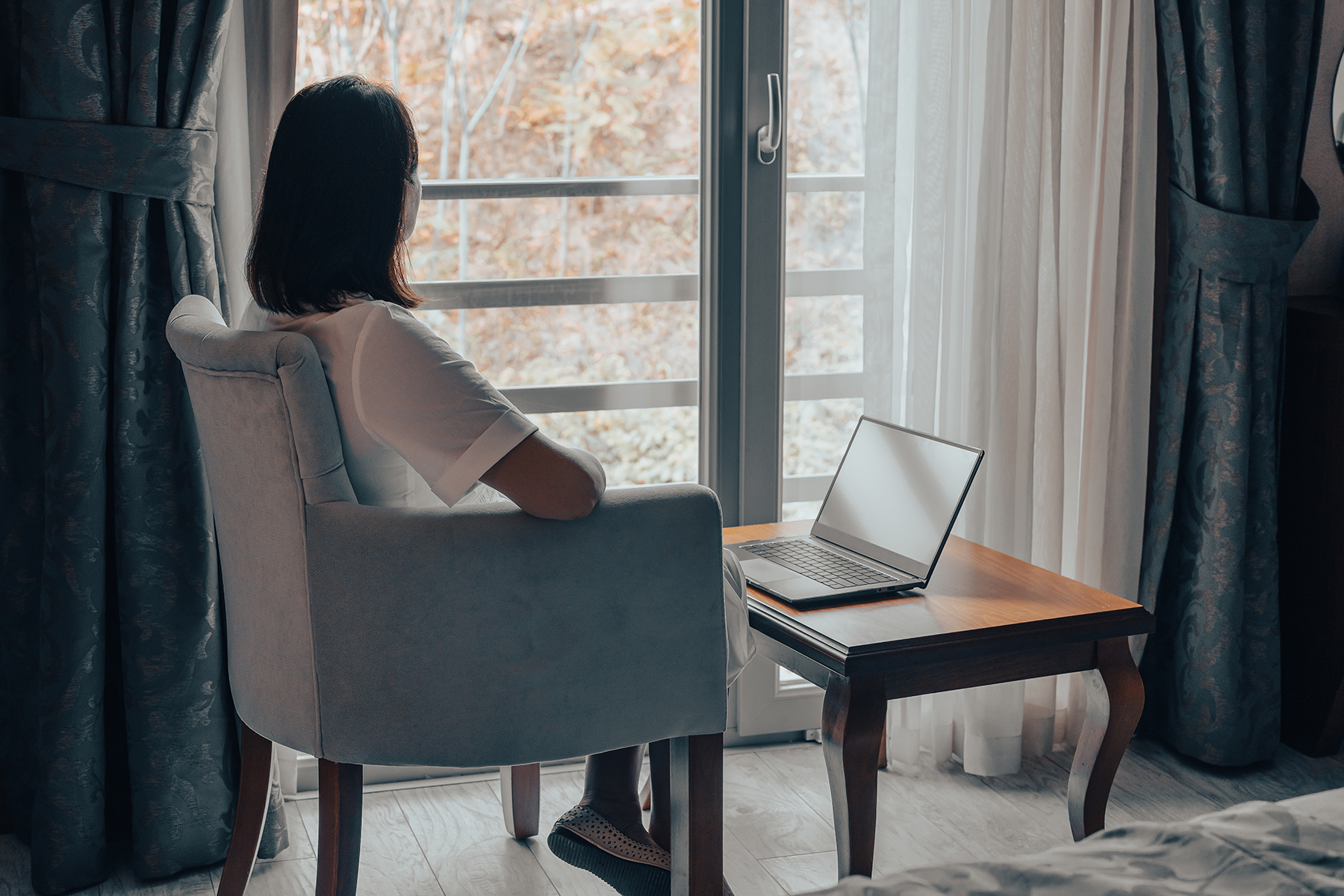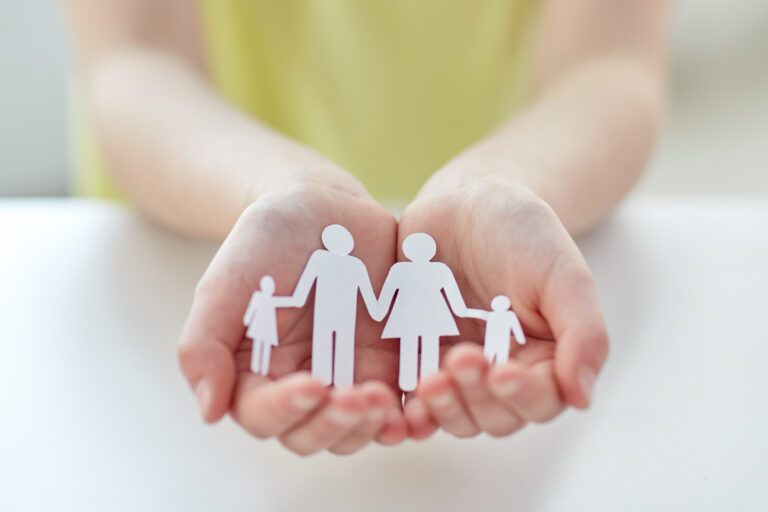The nights are long, the days are short and natural light is in short supply, especially in the UK, Ireland and Northern Europe. For many of us, the lack of sunshine can bring us down, but for some it can trigger Seasonal Affective Disorder, aptly abbreviated to SAD. This is a mental health disorder which is very similar to depression and in extreme cases can provoke suicidal thoughts.
Depression and addiction are often linked and it has been estimated that one-third of people with depression also have an alcohol problem. As SAD can provoke the same thoughts and feelings, it is also common for sufferers to mask the pain, or push down the negative feelings through drugs and alcohol. During a long winter, excessive alcohol or drug use can easily develop into a habit, so it’s vital that you understand what you are going through and find other ways to cope with SAD.
Read on to learn about SAD and how you should and shouldn’t manage it.
What is SAD and what causes it?
The NHS defines seasonal affective disorder as “a type of depression that comes and goes in a seasonal pattern”. It is also known as winter depression, as most commonly it will come on in the autumn and continue through winter. However, it is important to note, that a small minority of sufferers experience symptoms during spring or summer, rather than winter.
There is still no definitive cause for SAD, but for most sufferers it is related to the decreased level of sunlight. This lack of light can disrupt your circadian rhythm, decrease serotonin and melatonin levels, which all affects mood and sleep.
What are the symptoms?
SAD is sometimes referred to as the winter blues, as sufferers usually have a persistent low mood during the winter months. They also report a loss of pleasure or interest in everyday activities, feeling irritable and lethargic. Many people also experience feelings of despair, guilt and worthlessness, which can be very distressing and make it hard to function normally.
What are the complications?
SAD can make social situations a problem, and cause sufferers to withdraw and isolate themselves, which can often worsen the issue. It can be associated with other mental health disorders such as anxiety and, in severe cases, it can be linked to suicidal thoughts or behaviour. SAD often leads to substance abuse, as sufferers can feel the need to self-medicate and dull their negative feelings. But this is not the answer.
Why drinking or drug taking is not the answer?
While it can seem, in the first instance, that having a drink makes you “feel better” it often makes things worse in the long run. Alcohol and drugs can worsen your mental health, increase anxiety and create a negative spiral, where more is needed to improve your SAD symptoms. It can also lead to a serious addiction, which can damage your health and family relationships and even put your life at risk.
What can relieve the symptoms?
We’d recommend that you see a doctor if you think you’re suffering from SAD. They can discuss the options with you and offer light therapy or talking therapies to improve your mood and reduce your symptoms.
There are positive ways that you can improve symptoms ahead of seeking medical help.
These include:
- Making sure that you get as much natural sunlight as possible
- Exercising regularly, ideally outside
- Eating well and staying hydrated
- Cut out nicotine, caffeine and alcohol
- Ensuring a balanced diets rich in folates
- Managing stress levels with relaxation techniques and deep breathing
- Talking to someone about how you’re feeling, whether that’s friends, families, a helpline, or a professional
- Practice gratitude and mindfulness to improve mood and write a diary to identify triggers or negative cycles
- Take time for self-care and do things that make you feel good – run a bath, watch a funny movie, read a good book, get a massage or a treatment
- Ensure you’re getting enough sleep
- Spend time in nature
- Try Vitamin D supplements
Something as simple as taking a walk outdoors every day during daylight hours can really make a difference to how you feel.
Seek treatment for SAD and addiction and enjoy some winter sun
At The Bridge, we offer addiction treatment and counselling for anxiety, depression and SAD in sunny southern Spain. This combination is unbeatable for boosting your mood and your vitamin D levels, while addressing issues with alcohol and drugs.
We encourage exercise and healthy eating and organize activities in the great outdoors when you’re strong enough, alongside individual and group therapy and counselling. All of this will help you feel better and understand how to manage emotions and feelings of despair, guilt and worthlessness, without turning to alcohol or drugs.
We invite you to enjoy the winter sunshine at our luxury rehabilitation centre in southern Spain. Contact us to find out more.




